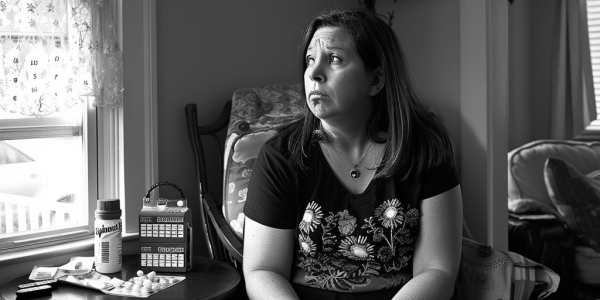Medicaid Cuts Threaten Access to Opioid Addiction Treatment for Millions
Recent changes to Medicaid have significantly impacted individuals battling opioid addiction, like Stephanie from Florida, who faced the loss of her essential methadone treatment. With over 25 million Americans losing Medicaid coverage since the end of pandemic protections, the urgent need for continuous access to addiction care has never been more critical. As healthcare policies evolve, the intersection of treatment access and public health remains a pressing concern for communities and policymakers alike.
Scrutiny over Restrictions on Weight-Loss Drugs Reveals Disparities in Obesity Care Coverage
Healthcare organizations and insurers are facing scrutiny over the restrictions placed on weight-loss drugs, shedding light on the disparities in obesity care coverage. The rise of highly effective weight-loss medications has brought attention to the unequal treatment of obesity within health plans, sparking initiatives like the EveryBODY campaign to advocate for comprehensive coverage. The debate surrounding coverage for obesity care has also been influenced by pharmaceutical companies, with some advocating for broader coverage to expand their customer base. Zeke Emanuel, a medical ethicist, highlighted the disparities in obesity care coverage as a reflection of deep-seated societal biases, emphasizing the need for a more equitable approach to obesity care coverage.


